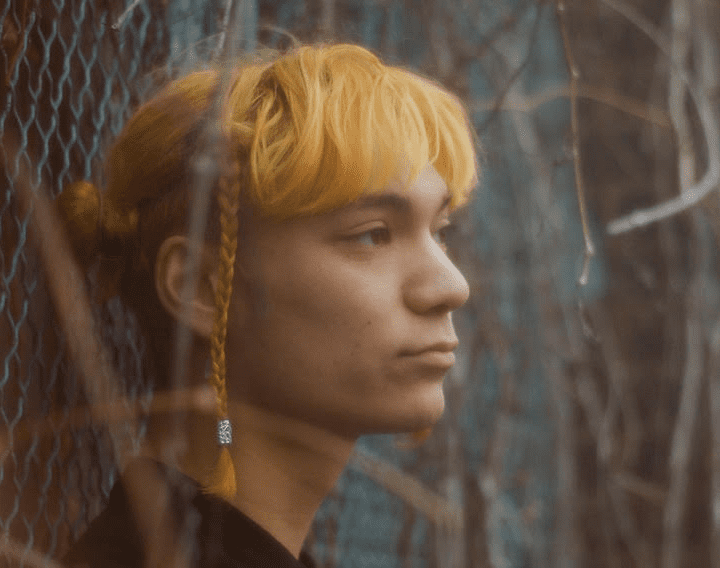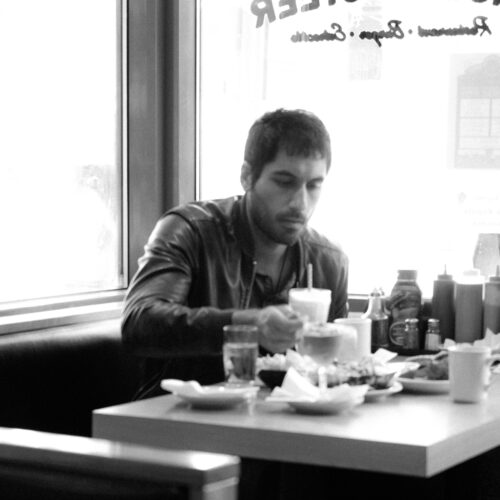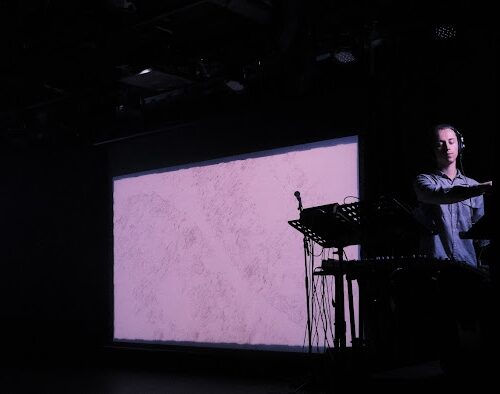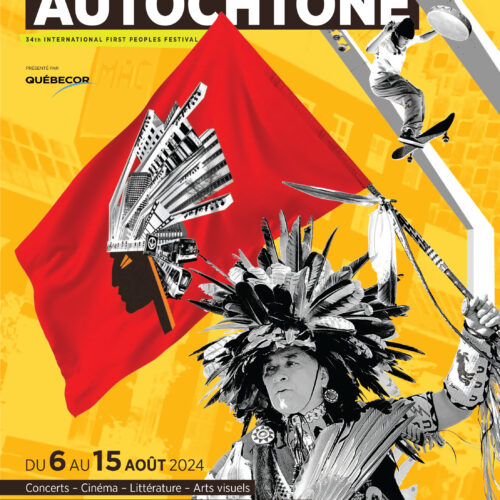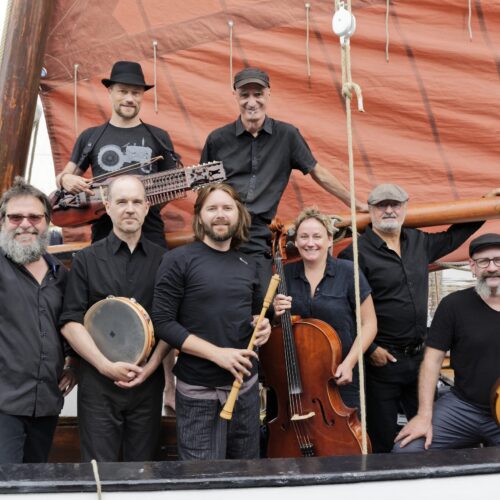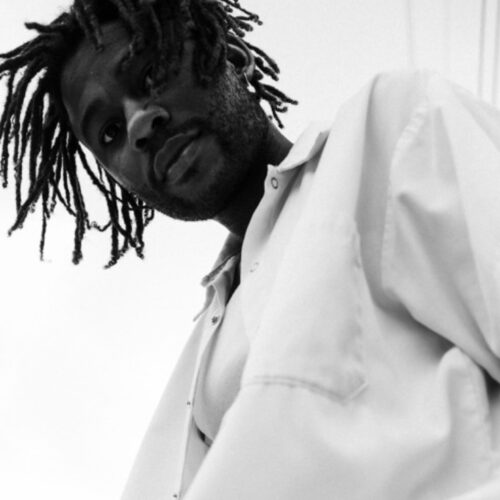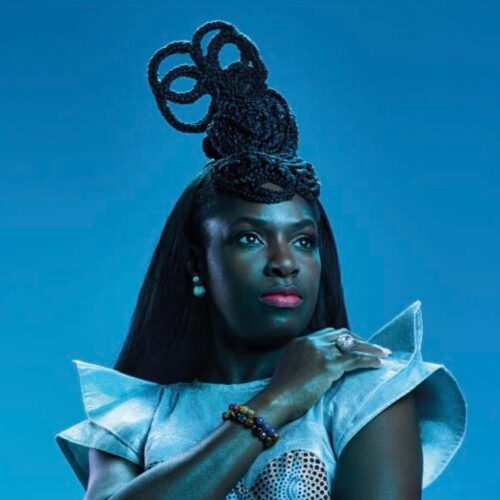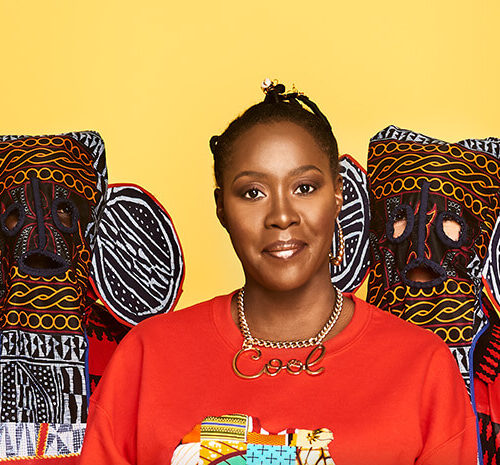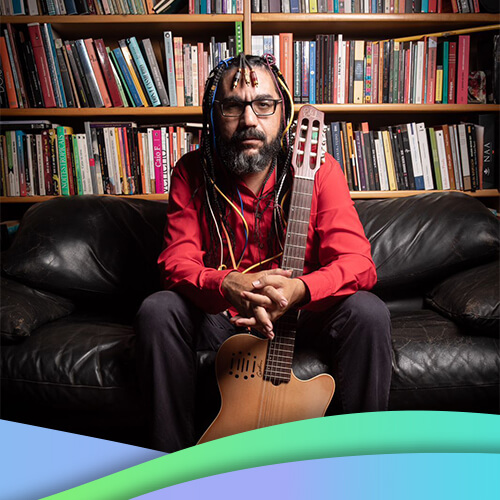Additional Information
Vous aimez le rap keb et êtes à la recherche de quelque chose de différent? Ne cherchez pas plus loin! Au début du mois d’octobre, Miro Chino a fait paraître Bons Times Bad Times, son premier album et véritable récit de son quotidien.
Good lyrics, catchy choruses and a happy mix of hip-hop, jazz and soul as a soundtrack. That’s what he offers in this project that oozes Montreal life.
Here’s our chat with the 23-year-old artist.
Although he wouldn’t call himself a rapper, Miro Chino demonstrates excellent rhythmic skills. Working with producer Philippe Brault and a number of musicians, the Quebecer has combined electronic and organic elements to perfection. The presence of different instruments such as guitar, brass and drums gives a coherent, orchestral result.
In this, his first book, Miro talks about his life, his good times and his bad. With each listen, one hears a new detail in the production and sketches an extra smile when understanding one of his multiple metaphors. With Bons Times Bad Times, listeners jump into his world with both feet, and ready to bet they’ll wish they’d stayed there.
PAN M 360 : Hi Miro, tell me a little about yourself! Where does your passion for music come from?
MIRO CHINO: Miro is my real name. Miro Chino is my artist name. I grew up in Montreal. My parents moved around a lot, and so did I. Let’s just say I’ve lived in many different places. Let’s say I’ve lived in several different places in Montreal. I’ve been making music since high school. What can I say?
I never had any musical training, learning almost everything on the job or from YouTube tutorials. I started with rock because I was really into the Rolling Stones, Led Zeppelin and so on. Over time, I experimented with different styles, like folk. Then, two years ago, I went to the Musitechnic production school. There I discovered electronic production, and that’s when I started rapping.
That’s how I realized the power of rap. I liked that it was fast and that I could say several things in one sentence. What I love most is writing. That’s why I got into rap in the first place. But I don’t think you could call me a rapper. I see myself as a versatile artist who integrates rap into his art. I don’t have the attitude of a king. .
PAN M 360 : You say that the essence of your music is not necessarily linked to the rap world, is that right?
MIRO CHINO: That’s really it. In my music, I’m eclectic, I really touch on a lot of styles. I love rap and I consume a lot of it, but I don’t consider myself to be in the rap game. In life, I’m a pretty diverse person. I hang out with all sorts of people and have a whole range of different hobbies. I think that comes through in my music, I don’t really have a defined style.
PAN M 360 : How long have you been designing?
MIRO CHINO: I’m 23 and started in 2014 or 2015, so that’s about 8 years.
PAN M 360 : How have you changed since your appearance in the finals at the Festival de la chanson de Granby in 2022?
MIRO CHINO: This festival was a good springboard for me and it allowed me to make a name for myself. It was the first time I’d had so many resources to produce a show. I had people around me to advise me and a band. It was a very formative experience. It has to be said that at the time, I was really a baby as an artist. I was very candid and naive. Since then, I’ve acquired more artistic maturity and I know more about where I’m going. My style is clearer.
PAN M 360 : You say that “you know where you’re going now”. Where exactly are you heading? How would you describe your sound right now?
MIRO CHINO: For Bons Times Bad Times, I’d say it’s primarily a hip-hop album. There are hip-hop sounds, but it’s a bit orchestral. With director Philippe Brault, I was able to create something cinematic. That’s how I’d describe it;
PAN M 360 : Let’s talk about your recent project Bons Times Bad Times. What is it about?
MIRO CHINO: It’s really a collection of stories. It’s full of little short stories that form a diary about my life over the last few years. It’s quite retrospective and introspective, a kind of balance sheet of my good and not-so-good deeds. That’s why it’s called Bons Times Bad Times. I’ve tried to capture this duality in my songs as much as possible. There’s a certain progression on the album, from light to darker.
PAN M 360 : What impression do you want to leave with this project?
MIRO CHINO: With the album, I want to get across a message of acceptance and openness to vulnerability. I find rap a very powerful medium for getting a message across. In this album, I assume myself, I put myself forward and I accept myself as I am. I show myself to be vulnerable, but in a positive way. My message is that we’re all imperfect, we all have our faults, but that’s what makes us beautiful and we have to accept ourselves. Humans are complex, we’re not always good or bad, and we need to maintain a balance in our lives.
PAN M 360 : There’s a person divided into two colors on the album cover. What does it represent?
MIRO CHINO: I asked a friend of mine called Sarah Leblanc to do the cover art. I asked her to create a character that represents the principle of Bons Times Bad Times, and this is the result. For me, the blue part represents night and the orange part, day. As humans, we’re all polarized and have a good side and a bad side inside. We all have an angel and a demon. However, it’s rare for us to demonstrate both at the same time. I wanted to represent this on the cover.
PAN M 360 : The productions on your debut album are versatile, with jazz, soul and blues influences. These instrumentals mixed with your rap make for a truly interesting result. Where do you draw your inspiration from?
MIRO CHINO: I really have phases in what I listen to. It’s cliché to say, but I really listen to everything. Right now, I’m listening to a lot of African music. Last winter it was French rap and this summer house. Recently, I found my old iPod that I had when I was a teenager. There’s a lot of Quebec rap on it, and I often listen to old albums by Dead Obies, Loud Lary Ajust and others. It varies a lot!
PAN M 360 : Did you the entire production of Bons Times Bad Times?
MIRO CHINO: It depends on the songs, I collaborated with several people for the album. I produced the demos for most of the tracks, there are even some that I kept as they were. For some tracks, we re-recorded the instruments in the studio with musicians. Otherwise, there are others that my team and I worked on from scratch.
PAN M 360 : On several occasions in your album, we hear vocal excerpts taken from TV shows and the like. What was the purpose of including these sound bites?
MIRO CHINO: I see my songs as capturing moments from my life, a portrait of what I’ve been through. To make it even more representative of my daily life, I decided to incorporate several sound extracts from my life. I have recordings of conversations with friends and lots of other things. For example, in rdv, I’ve added sounds of transportation like the subway and a bicycle. I like to add a sound ambiance to my songs to really situate the environments.
PAN M 360 : Your lyrics are full of references to Montreal and the Montreal lifestyle. Tell me about your relationship with the city?
MIRO CHINO: I really have a loving relationship with the city. I’d say we don’t have many conflicts and we get along great! No kidding, I kind of wanted to pay homage to Montreal with my album. With everything that’s going on in the world at the moment, I often think how lucky we are to be here;
PAN M 360 : One of the best-crafted tracks on the album is unequivocally bad little bunny. How did this track come about?
MIRO CHINO: Creatively speaking, it’s probably one of the tracks that was the hardest to do. It was a huge headache because I had originally written the verses of the song over another instrumental. One day, I was composing a bossa nova-style song and that’s when the chorus of bad little bunny came to mind. That being the case, I decided to mix this chorus with the other verses.Then I showed the text to my band, and asked them to make arrangements for me to bring my song to life. The members of my bandare jazz musicians. They started tojamand that’s when it all clicked.
it’s about this desire in me to chill out and “pogner le beigne” in good Quebecois. It’s part of my history, and I feel like I’ve “wasted” many years of my life smoking and spending time with my friends. At the same time, I’ve always had this desire to be successful in music. This song is about making the balance between having fun and working hard. In a way, it’s a song to motivate me. All the time I spent with friends isn’t necessarily lost, it allowed me to experience some very beautiful moments. Now, those years are behind me and I’ve had my fun. I know what I want in life and I have to work towards it.
PAN M 360 : Do you feel you have reached another stage in your life?
MIRO CHINO: Absolutely. In my entourage, my friends are starting to have serious jobs in administration or whatever, they’ll soon be buying a house and starting a family. Seeing that, I tell myself it’s time for me to concentrate on my career and my music. I’m at that stage in my life where I want to get serious about my passion;
PAN M 360 : What does the future hold for Miro Chino? What are your ambitions?
MIRO CHINO: I’m going to take full advantage of the release of my project. I already want to dive into the creation of my second album. I already have an idea of the universe I’d like to create. It’s going to be a bit dystopian and post-apocalyptic. I want to go more into fiction and storytelling than dealing with my personal life. That’s where I want to go next, and I can’t wait!
Crédit photo : Éléonore Delvaux Beaudoin
